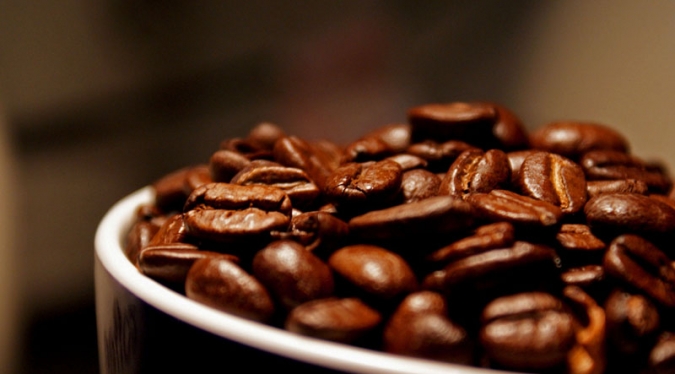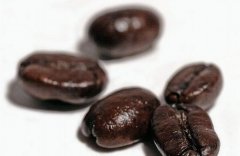It is good to drink coffee to justify the name of coffee

For many years, coffee has been known as "harmful to health", such as bad for the heart, bad for the stomach, and even can cause cancer. On the 13th, scientists from many countries rectified the name of coffee at the ongoing conference of the International Coffee Science Association, saying that the prejudices against coffee in the past were unfair.
Many scientists believe that for a healthy coffee lover, drinking six cups of coffee a day will not cause damage to the heart or digestive system. However, in the past two centuries, because the research on coffee is mainly limited to caffeine, people have some misunderstandings about coffee.
Vizia, a researcher at the Mario Negri Institute of Pharmacology in Milan, Italy, says coffee reduces the risk of hardening by 80%. Fred Holm, a researcher at the Karolinska Medical College in Sweden, said: drinking coffee can prevent men from developing Parkinson's disease. Researchers at the Vienna Medical School say coffee is more effective than fruits and vegetables in preventing DNA oxidation. DNA oxidation is the root cause of a series of serious diseases, especially cancer.
Tumiletto, a diabetes expert at the University of Helsinki, said that as long as a person drinks five to six cups of coffee a day, the incidence of Ⅱ diabetes can be halved. Drinking 10 cups of coffee a day reduced the risk of developing Ⅱ diabetes by 80 per cent. Finns drink coffee first in the world. It is common for a person to drink 10 cups a day.
Is it appropriate to drink 600 milliliters a day? Although the researchers wanted to give people advice on how much to drink, they did not say what kind of coffee was best for a person, how often or how to drink it. The scientific research results presented at the conference are based on American-style coffee cups, and it is generally believed that drinking 600 milliliters of coffee a day is considered a reasonable amount.
Epidemiologists at the University of Utrecht Medical Center in the Netherlands studied the risk of heart attacks among coffee drinkers. He believes that, based on current knowledge, a coffee drinker can continue to indulge in drinking coffee without causing harm to his body. But he also did not give a number of suggestions. "it is very difficult to translate the observations into medical advice," he said.
Important Notice :
前街咖啡 FrontStreet Coffee has moved to new addredd:
FrontStreet Coffee Address: 315,Donghua East Road,GuangZhou
Tel:020 38364473
- Prev

It is appropriate to drink two to three cups of coffee a day.
Coffee contains caffeine, which excites the sympathetic nerves after entering the body, thus eliminating drowsiness, improving blood circulation, and the body also feels warm and does not feel tired, so it has a refreshing effect. However, when the sympathetic nerve is stimulated and excited, it has a negative effect on appetite, that is, appetite will be reduced, so drinking coffee before a meal will not want to eat. In addition, due to irritation of the stomach
- Next

Is it better to have a cup of coffee in the morning than a cup of sugary juice?
A cup of coffee in the morning may be better than a cup of sugary juice, at least for the high-profile type 2 diabetes, a new study has found. The exact reason why coffee reduces the risk of diabetes is unclear, but one possibility is that certain ingredients such as magnesium or chlorogenic acid in coffee improve the body's ability to regulate blood sugar. In addition, the effect of caffeine on metabolism
Related
- Beginners will see the "Coffee pull flower" guide!
- What is the difference between ice blog purified milk and ordinary milk coffee?
- Why is the Philippines the largest producer of crops in Liberia?
- For coffee extraction, should the fine powder be retained?
- How does extracted espresso fill pressed powder? How much strength does it take to press the powder?
- How to make jasmine cold extract coffee? Is the jasmine + latte good?
- Will this little toy really make the coffee taste better? How does Lily Drip affect coffee extraction?
- Will the action of slapping the filter cup also affect coffee extraction?
- What's the difference between powder-to-water ratio and powder-to-liquid ratio?
- What is the Ethiopian local species? What does it have to do with Heirloom native species?

